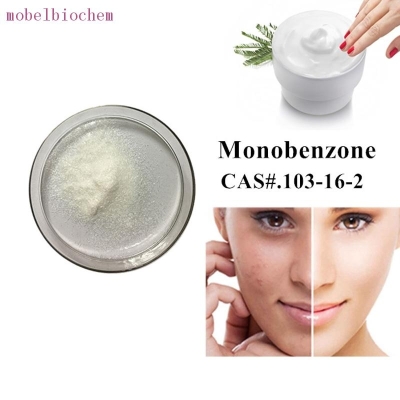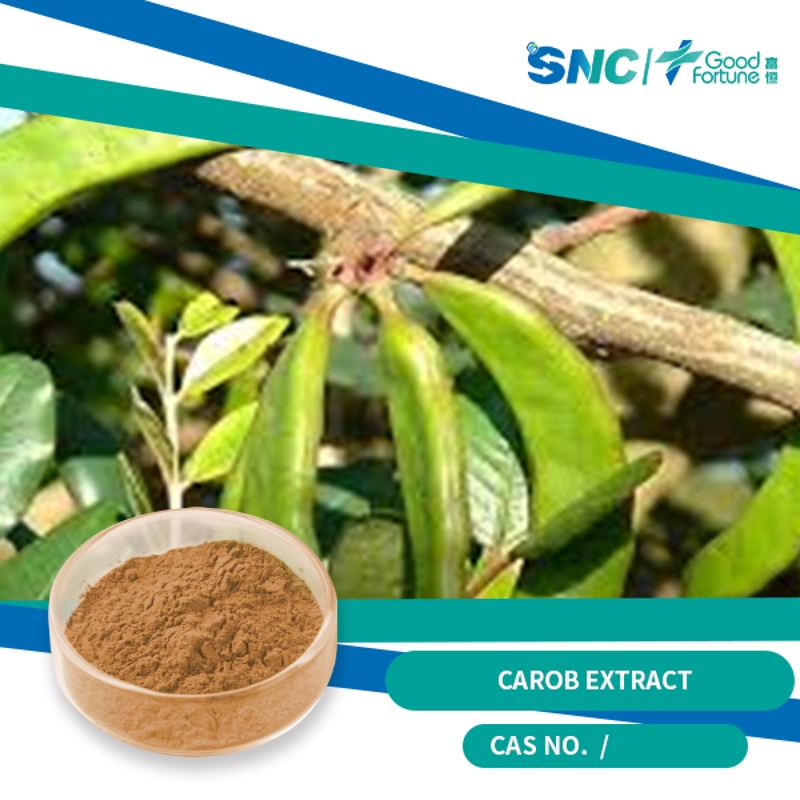FDA Approves celgene's Abraxane for the treatment of pancreatic cancer
-
Last Update: 2013-09-10
-
Source: Internet
-
Author: User
Search more information of high quality chemicals, good prices and reliable suppliers, visit
www.echemi.com
Us biopharmaceutical company celgene announced on September 6 that Abraxane (paclitaxel protein binding particle injection suspension) (albumin binding) supplement new drug application (SNDA) was approved by FDA, and gemcitabine was used for the first-line treatment of patients with metastatic pancreatic cancer So far, gemcitabine has been the standard care for pancreatic cancer for more than 15 years In clinical trials, Abraxane plus gemcitabine combination therapy has been proved to significantly improve the key efficacy endpoint, including the total survival period, and has good safety The combination therapy will provide an important new treatment option for pancreatic cancer patients, and lay the foundation for future clinical research Abraxane plus gemcitabine combination therapy is the first new therapy approved for metastatic pancreatic cancer in recent 8 years The treatment was approved based on data from the phase III mpact study Mpact is an open label, randomized, international phase III study in which 861 patients with primary metastatic pancreatic cancer were randomized to receive combination therapy of Abraxane and gemcitabine or gemcitabine monotherapy The data showed that compared with the single therapy of gemcitabine, the combination therapy of Abraxane and gemcitabine had a total survival (OS), disease progression free survival (PFS) and overall response rate The risk of death was reduced by 28% in OS (8.5 months vs 6.7 months, HR = 0.72, P < 0.0001), 31% in PFS (5.5 months vs 3.7 months, HR = 0.69, P < 0.0001), and 31% in orr (23% vs 7%, P < 0.0001) In the past 20 years, more than 30 randomized phase III clinical trials have been conducted in patients with advanced pancreatic cancer Mpact study is one of the four studies showing overall survival benefits Prior to that, in May 2013, FDA granted Abraxane the priority review qualification, with PDUFA date of September 21, 2013 In April 2013, the European Drug Administration (EMA) also received a review of Abraxane's marketing authorization application (MAA) in combination with gemcitabine for the first-line treatment of patients with metastatic pancreatic cancer About pancreatic cancer: pancreatic cancer is the eighth leading cause of cancer death in the world and the fourth leading cause of cancer death in the United States The pancreas is mainly composed of two cell types: exocrine and endocrine Exocrine tumor is the most common type of pancreatic cancer Malignant adenoma accounts for 95% of pancreatic cancer For patients with pancreatic cancer at all stages, the overall 5-year survival rate is about 6%, which is lower than that of all other cancers in the United States In Europe, the reported 5-year survival rate is less than 10% About Abraxane: Abraxane is the albumin binding form of paclitaxel, which is produced by nab patent technology Abraxane's formula contains albumin, which is a human protein, and Abraxane's formula does not contain solvent Abraxane was first approved in the United States in January 2005 for the treatment of metastatic breast cancer or recurrent breast cancer within 6 months after adjuvant chemotherapy Previous treatment must include an anthracycline, unless there is a clinical contraindication Abraxane has also been approved for the treatment of metastatic breast cancer in Canada, India, the EU / EEA, South Korea, China, Australia, Bhutan, the United Arab Emirates, Nepal, New Zealand, Japan, Russia, Sri Lanka and Argentina In October 2012, the US FDA approved Abraxane combined with carboplatin for the first-line treatment of locally advanced or metastatic non-small cell lung cancer that is not suitable for curative surgery or radiotherapy In addition, Abraxane has also been approved by Japan and Argentina for the treatment of non-small cell lung cancer, as well as for the treatment of gastric cancer in Japan Abraxane is currently at different stages of research for potential treatment of the following cancers: melanoma, bladder cancer, ovarian cancer, and the expansion of breast and lung cancer.
This article is an English version of an article which is originally in the Chinese language on echemi.com and is provided for information purposes only.
This website makes no representation or warranty of any kind, either expressed or implied, as to the accuracy, completeness ownership or reliability of
the article or any translations thereof. If you have any concerns or complaints relating to the article, please send an email, providing a detailed
description of the concern or complaint, to
service@echemi.com. A staff member will contact you within 5 working days. Once verified, infringing content
will be removed immediately.







